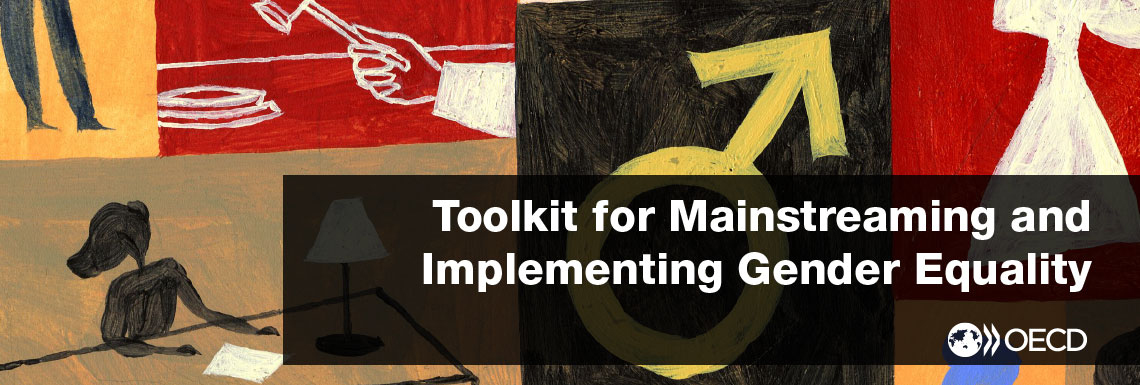Measures are in place to foster a gender-sensitive working culture within the judiciary
SELF-ASSESSMENT QUESTION
- Does the judicial workplace provide a respectful and empowering environment for women and men?
- Are there preventive processes and sound complaint mechanisms to deal sexual harassment cases?
WHY IS IT IMPORTANT?
Changing the organisational culture and removing stereotypes in the legal profession is crucial for attracting and retaining a gender-balanced workforce within the judiciary, including at the upper echelons. Education and training initiatives for managers and employees (both male and female) are essential for changing behaviour. Culture change implies using gender-sensitive language, making efforts to remove sexist behavior (e.g., sexist jokes), and establishing a sound process to deal with sexual harassment cases.
ACTIONS TO CONSIDER
- Establish or strengthen robust discrimination (e.g. unfair treatment based on gender) and harassment complaint mechanisms;
- Ensure that Code of Judicial Conduct includes references to gender-sensitive conduct.
- Ensure use of gender-sensitive language in courtrooms and with other public communication;
- Consider developing training materials (online and brochure) to promote gender-sensitive working culture within courtrooms;
PITFALLS TO AVOID
-
Insufficient support and guidance from the top of the judiciary on use of measures to advance gender-sensitive working culture.
COUNTRY EXAMPLES
Sweden
In 2016, as part of the Government wide gender mainstreaming agenda, an Action plan for integration of gender equality in the Courts of Sweden 2016 – 2018 was adopted. Prior to the development of the Action Plan, a survey which aimed at all authorities within the Swedish Courts was conducted to obtain a detailed assessment of the courts' awareness of the broader gender equality policy objectives. The survey also covered issues related to existence of institutional awareness to gender equality among judicial officers, and use of gender-sensitive language. Following this survey process, it was decided to prioritise, in 2016, activities aimed at raising awareness of employees within the Swedish Courts on gender equality priorities. In this regard, court managers of all levels were identified as the primary target group as their knowledge, understanding and dedication to gender equality are crucial to how the judicial organization can handle gender equality issues and deliver results.
Korea
In Korea, "The Judges’ Community on Gender and Law" was created in 2008 in the Supreme Court The community commits to promoting gender equality and developing female talents in the judiciary and protecting rights of the underrepresented in society. To this end, it focuses on conducting in-depth studies on theories, practices and systems to enhance gender equality in the judiciary and reviewing and discussing recent court rulings on gender-sensitive cases. It also encourages its members to discuss and exchange opinions actively on gender-related issues and law. To raise awareness on gender-sensitive issues both inside and outside the judiciary, the community holds annual symposiums, seminars, and forums on a wide range of topics including recent court rulings related to gender equality, protection of victims of sexual crime during trial proceedings, measures to assuring rights of sexual minority, prevention of discriminatory practices, and improving organizational culture for gender equality in the judiciary. The community also set up online ‘Mentoring Bulletine Board’ on its website so as to help the culture of mentoring relationship among female judges take firm root in the judiciary.

